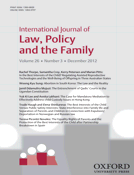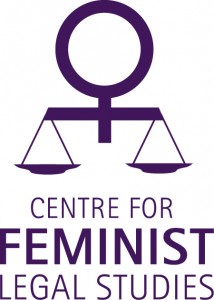Last Wednesday, March 23rd, the Centre for Feminist Legal Studies held its Annual Celebration of Feminist Research!
This year, the Centre was proud to launch the report, “Risk of Future Harm: Family Violence and Information Sharing Between Family and Criminal Courts”, authored by Donna Martinson (Former Justice, BC Supreme Court, and Honourary Visitor to the CFLS) and Margaret Jackson (Director, FREDA Centre for Research on Violence Against Women and Children, and Professor Emerita of Criminology at Simon Fraser University). The report can be accessed online here.



